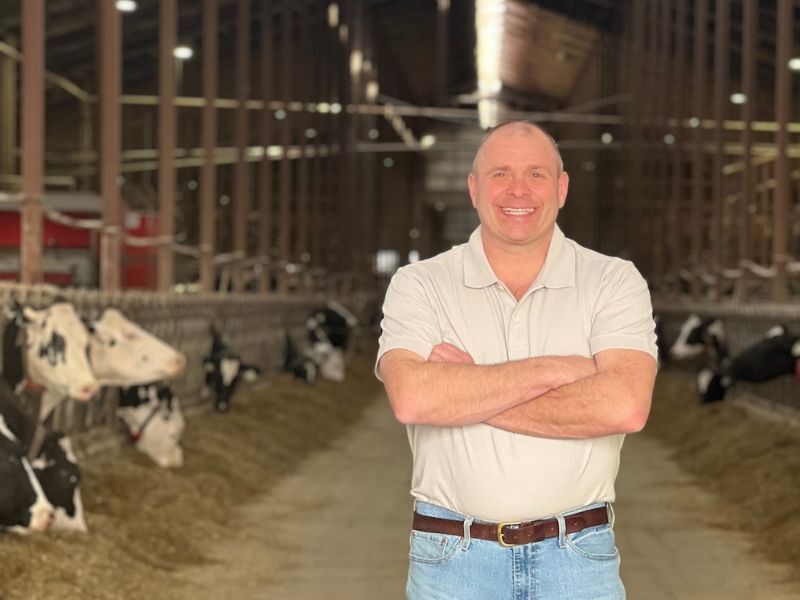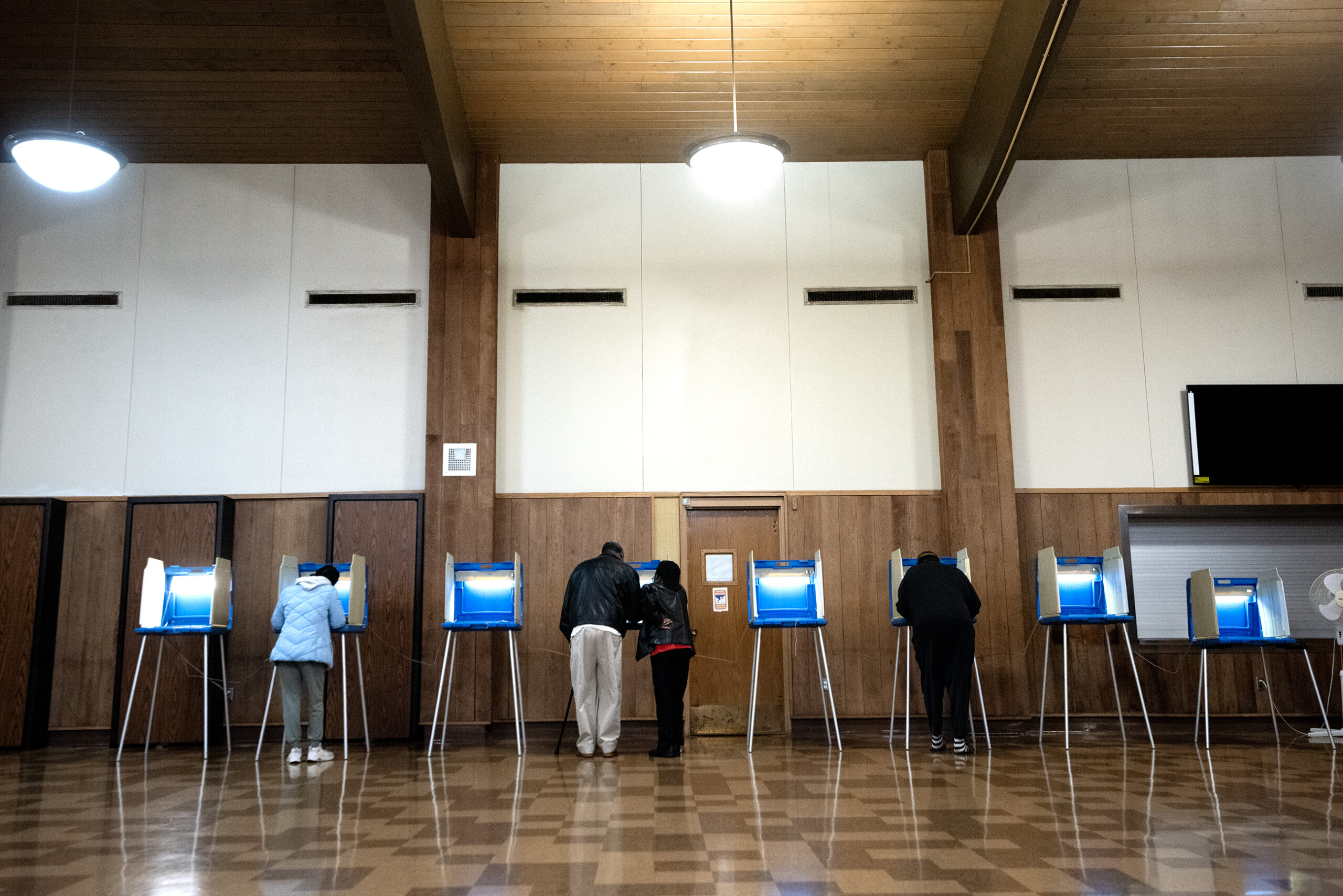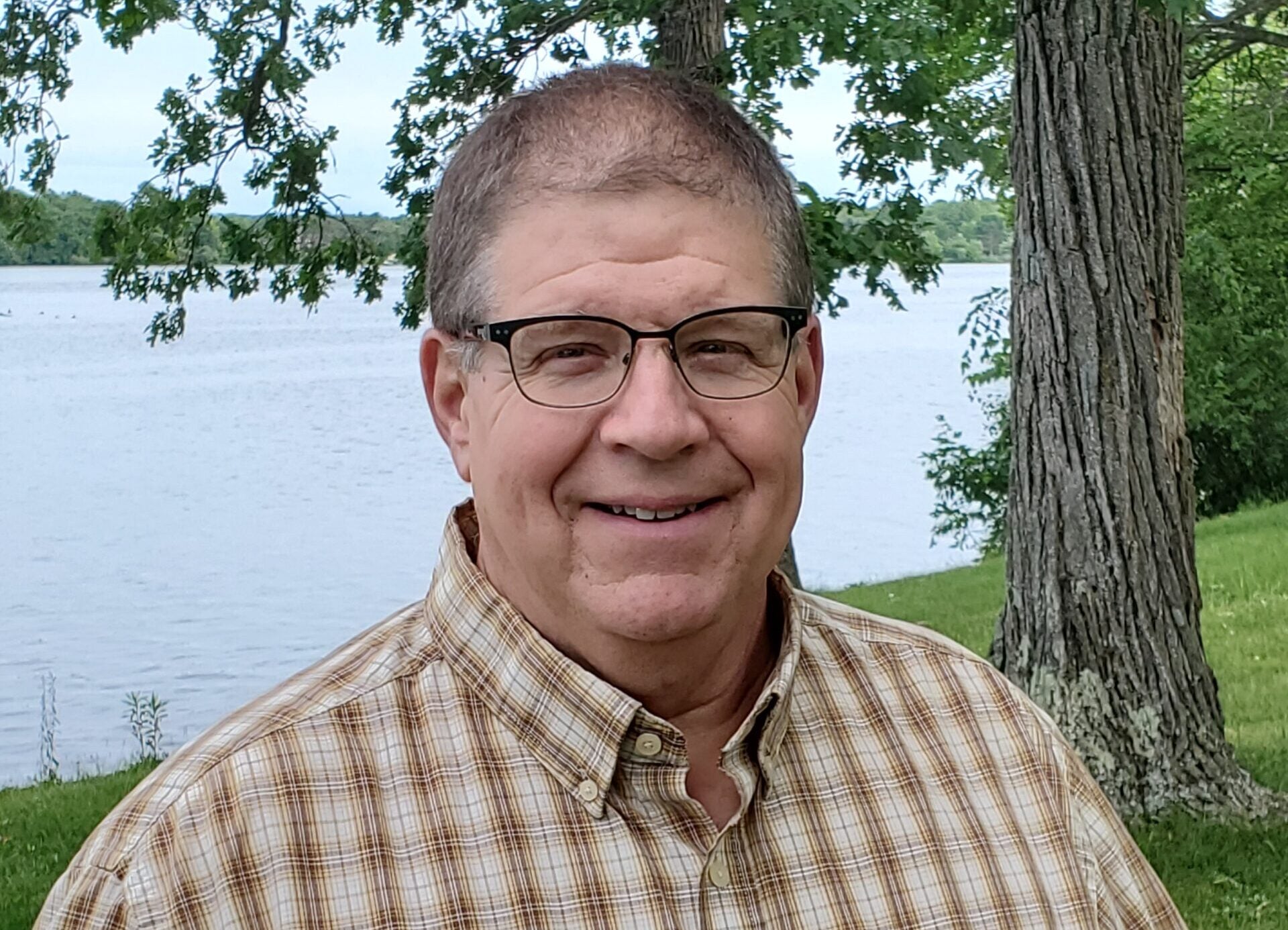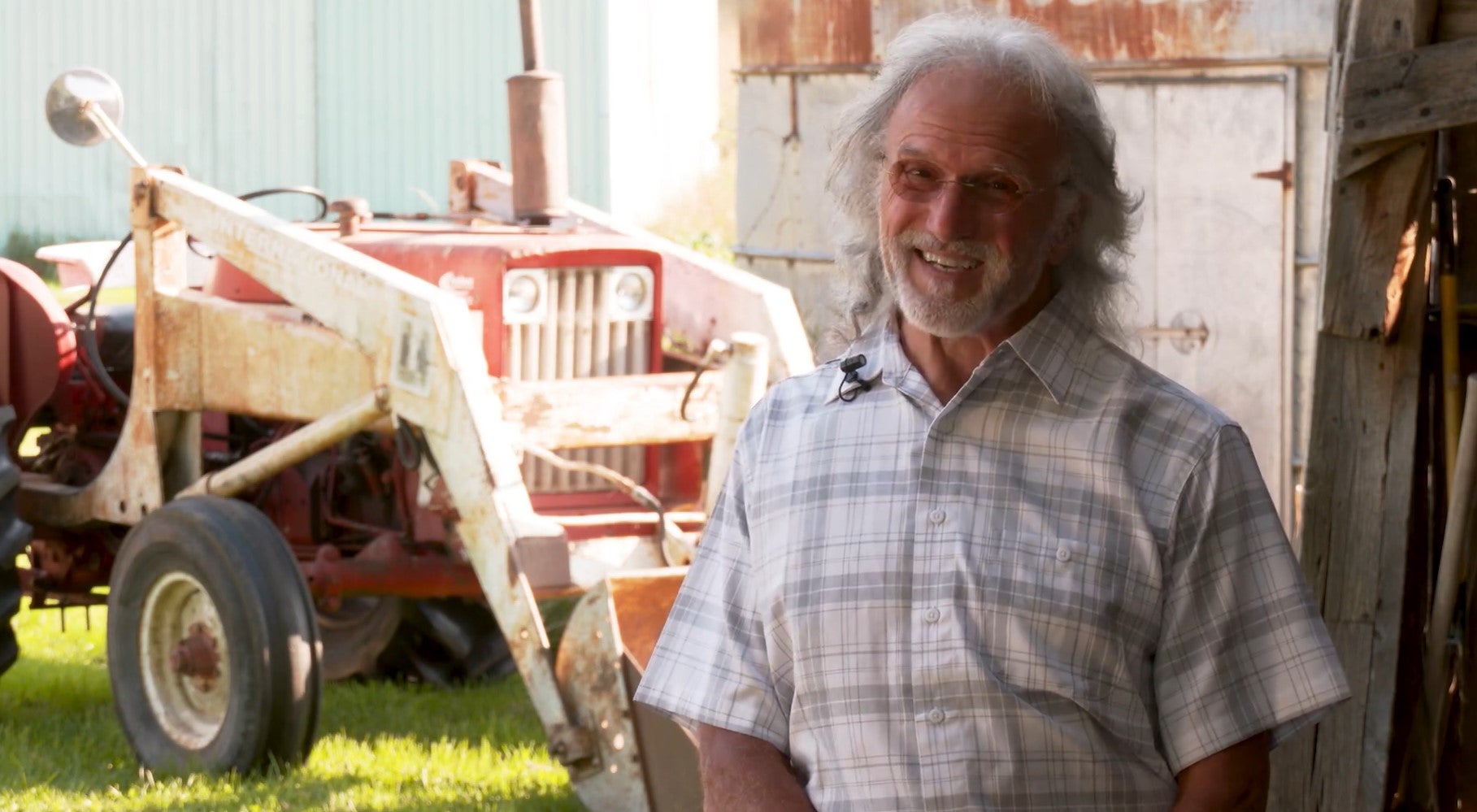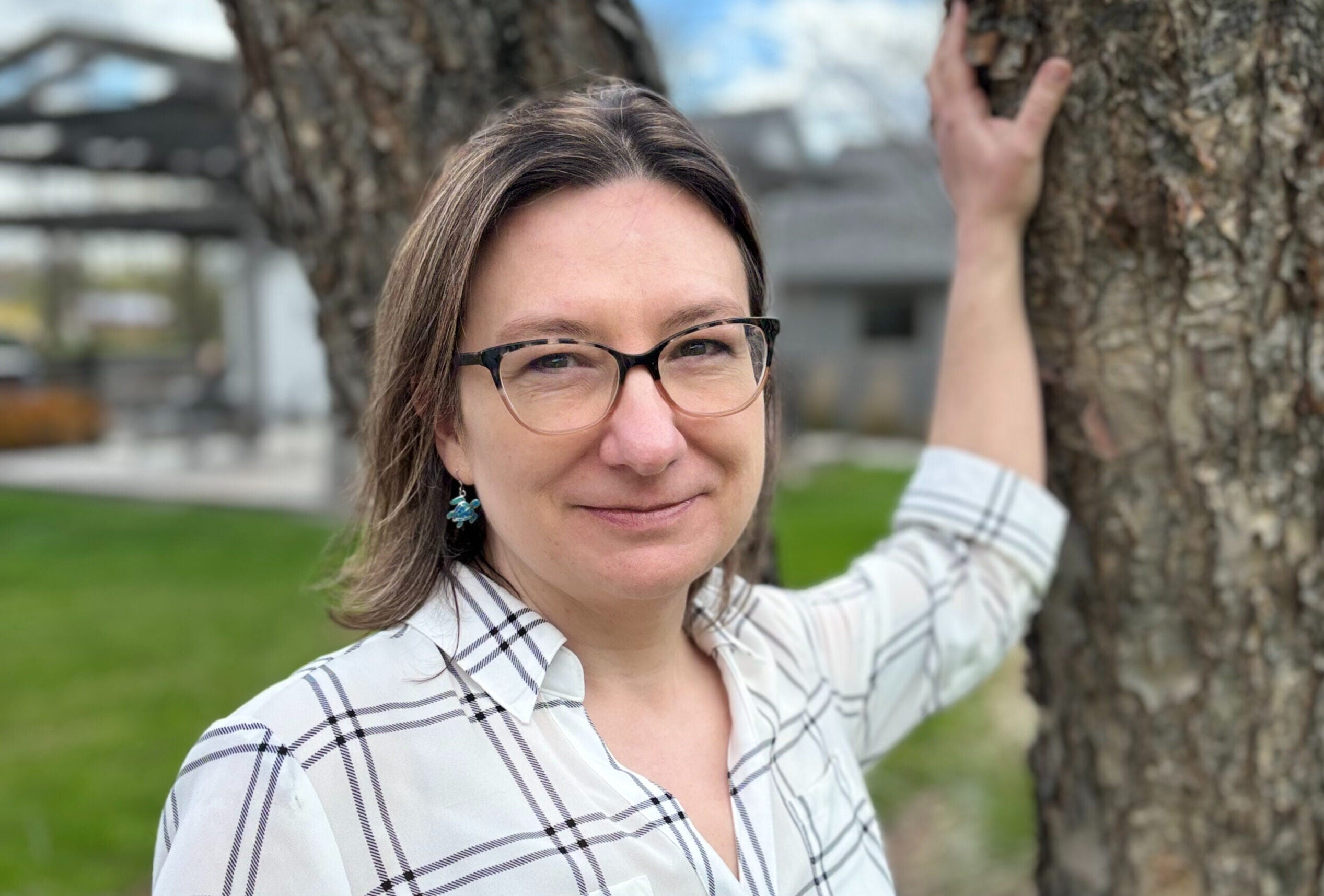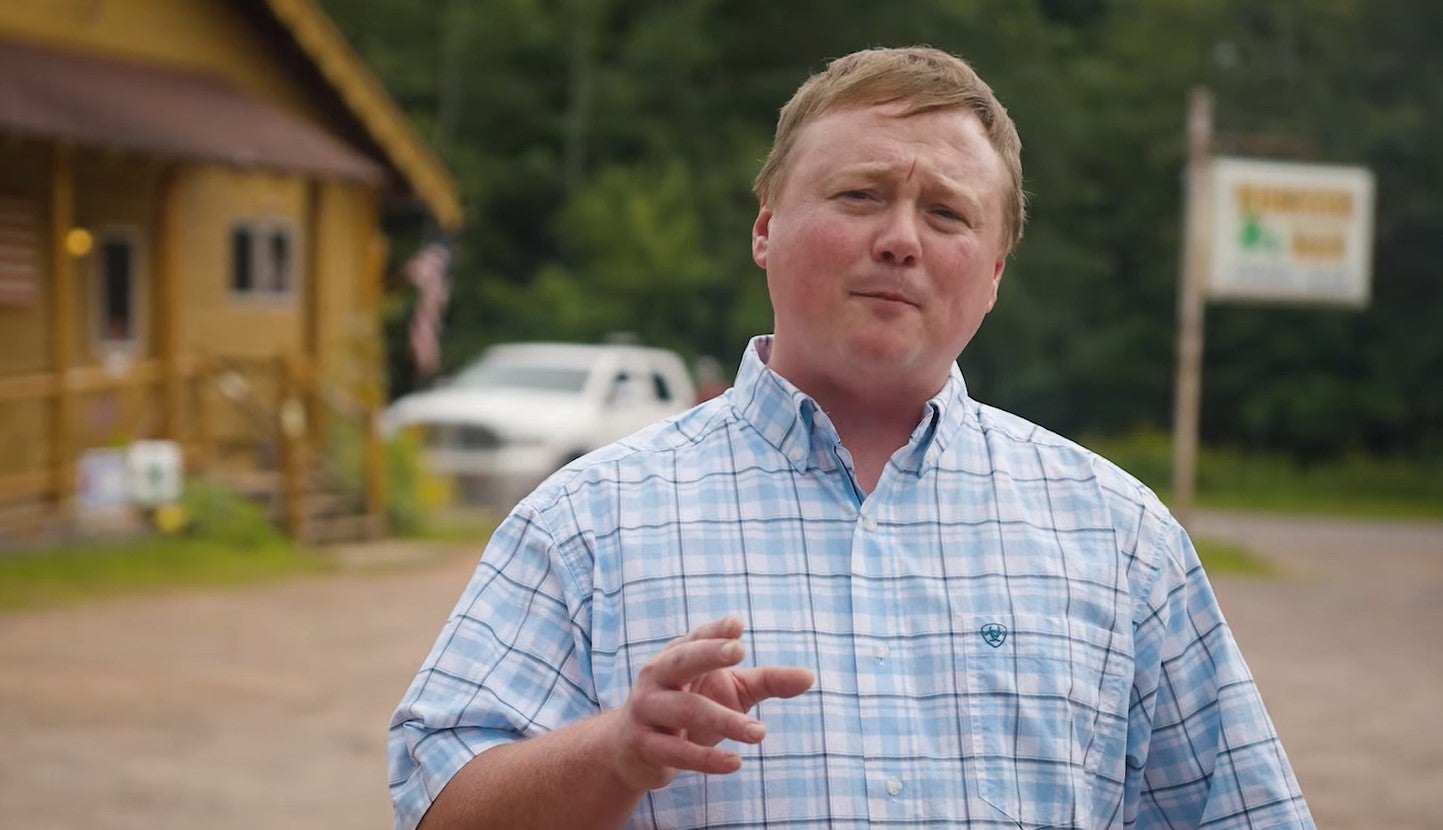Duke Tucker of Grantsburg says he’s running for the 75th District Assembly seat to cut through the partisan divide in Madison. A born-and-raised resident of Burnett County and member of its Board of Supervisors, Tucker backs a state wolf hunt, which has been supported by many of his fellow Republicans. He also expressed support for PFAS regulations drafted by Department of Natural Resources administrators appointed by Democratic Gov. Tony Evers.
Tucker faces Democrat Jane Kleiss of Sterling in the race for the 75th District seat left open after redistricting placed incumbent Rep. Dave Armstrong of Rice Lake in a redrawn 67th District.
A graduate of Grantsburg High School, Tucker served in the United States Air Force during the Desert Storm/Shield operations. He has been the Operations Manager at Grantsburg Telcom for 28 years, and with his wife Roxanne, raised two daughters in the community. He spoke with WPR’s Robin Washington on “Morning Edition” about his candidacy.
Stay informed on the latest news
Sign up for WPR’s email newsletter.
This conversation has been edited for clarity and brevity.
Robin Washington: Why are you the best candidate to represent the 75th district?
Duke Tucker: I don’t have a personal ambition of being a politician. I think it has more to do with my life experiences, and I want to be able to get along better and to solve issues that face people every day, like the economy, inflation, education — all the issues you think about day-to-day that are bread and butter issues. I’m known to be somebody who’s served on many boards, and I get along with everyone. I think it’s really important to have respect for one another.
I’m pretty well-rounded through my day-to-day activities in my job, and I’m a pretty normal person. It’s all about divisiveness, and we got to get rid of some of that and solve issues.
RW: The question of a wolf hunt has gotten much attention in the region and is taking up much of the Department of Natural Resources’ time. Your district has farmers who may be concerned about their livestock, as well as environmentalists concerned about protecting the wolf. Is there room for compromise?
DT: The wolf issue is a very big problem, actually right around our home. We have a large amount of wolves. And I think it’s important to have a few of them around, but they have gotten to a point where they kill a lot of deer and livestock and even attack dogs. Not too long ago, a couple of youths were out duck hunting and basically got jumped by a wolf. So there’s some room for compromise, but a lot of that is very political. And I’ve been following it very closely, watching the Natural Resources Board meetings and so forth. And there needs to be a wolf hunt, and they need to be delisted nationally so we can do that. Hopefully we will see that happen.
RW: Your district now borders on the St. Croix River, which goes into the Mississippi. There has been a lot of talk about PFAS in rural Wisconsin. What does the Legislature need to do? And if it’s money, how does it balance against other needs, like mental health in rural areas?
DT: I’ve been following it in our board meetings. They’re called forever chemicals because they just don’t break down. There does need to be more regulation due to that, but there has to be a balance. I don’t want to see that stuff released into our groundwater or surface waters. But at the same time, who do you hold accountable for it? I think the DNR is doing a pretty good job on getting the policies in place, and I agree with the direction they’re going in.
Regarding mental health, that is a really big issue, and I think it’s related to many public safety problems. And I will tell you, on the Burnett County Board of Supervisors, we’ve signed resolutions to fund mental health facilities and hospital rooms that are converted to provide behavioral health and mental health services. Another resolution asked for state funding to staff mental health professionals who are pretty hard to find in the rural areas in northern Wisconsin. But everything comes back to behavioral health or mental health, whether it be domestic abuse, drug abuse, theft. We need to get people rehabilitated. But there does come a point where I question whether we need to rehabilitate someone multiple times using tax dollars. We’ve got to hold people accountable, but the biggest thing is we want to try to rehabilitate them first.
RW: Is there any democratic backed initiative in the Legislature that you can get behind — that’s keeping in mind that we don’t know which party will be in control in the next term?
DT: Just because a person is a Democrat doesn’t mean they have bad ideas. I’m not afraid to cross party lines to do the right thing for the people in our district, and this is part of what kind of got me involved in politics. I see the bureaucracy in some very large state agencies, and their decisions are really coming from their political point of view rather than agreeing to just fix the problem. We’re way too divided.
For all of WPR’s election coverage, including presidential, congressional and legislative races, visit wpr.org/election2024.
